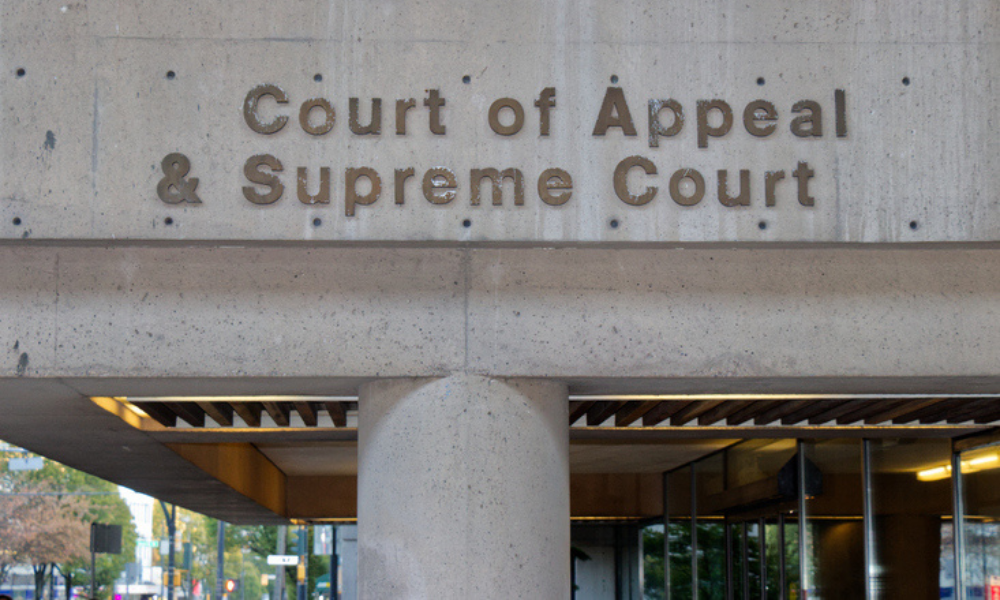
Case involves European residents, Belize mining company, Malaysian gold exploration company

The Court of Appeal for British Columbia recently decided to maintain a Mareva injunction in a cross-border financial dispute involving parties from Europe, Belize, and other international jurisdictions.
The plaintiff, a Canadian investor, sought to invest his funds following the sale of his insurance business. He met the individual defendants, both of whom lived in Europe, through his involvement with Cascadero Copper Corporation, a publicly traded company. The plaintiff eventually invested in various ventures associated with the individual defendants and InCor Holdings Limited.
Through InCor, the plaintiff was introduced to other related businesses, including Pangaea Resources Ltd., a Belize-based mining company; LeadFX Inc., a Canadian company with an interest in an Australian lead mine; and Besra Gold Inc., a Malaysian gold exploration company listed on the Australian Stock Exchange. Over time, the plaintiff provided loans to these entities, often without formal documentation or legal advice.
The plaintiff alleged that the individual defendants misrepresented the risks involved in these investments and loans. He claimed that they failed to disclose that they were under investigation in Switzerland for fraud and misappropriation of funds. He also alleged that, despite promises of security over assets, they failed to deliver on these pledges.
In response, the individual defendants denied any wrongdoing. They argued that the transactions were legitimate, that the plaintiff understood the speculative nature of the investments, and that the delays in repaying the loans were due to the inability of their ventures to generate sufficient capital gains.
Last October, the plaintiff filed a lawsuit in the Supreme Court of British Columbia to seek various forms of relief, including damages, tracing of assets, and a Mareva injunction to freeze the proceeds from the sale of securities until further court order or written agreement.
The BC court issued the Mareva injunction, which froze the assets of InCor and Pangaea to prevent dissipation pending the outcome of the case. The court also required the defendants to disclose their assets, both within and outside the province, to ensure the enforcement of any future judgment.
The lower court noted that the defendants had a history of making promises of repayment that did not materialize and expressed concern about the lack of transparency regarding the proceeds from the sale of Besra shares. The court concluded that there was a strong prima facie case, particularly concerning the loans that were due and unpaid.
The defendants appealed the decision. They argued that there was no strong prima facie case, that the lower court should not have granted the injunction, and that the freezing order was overly broad, affecting parties and assets unrelated to the specific loans in question.
In Pangaea Resources Limited v. Harder, 2024 BCCA 286, the British Columbia Court of Appeal dismissed the appeal and maintained the Mareva injunction to secure the defendants’ assets until the resolution of the case. The appeal court rejected the defendants’ arguments and ruled that the lower court correctly applied the law.
The appeal court noted that, even though the defendants lived outside Canada and many of the involved entities were based abroad, the BC court had jurisdiction to issue a Mareva injunction. The appeal court stressed that such injunctions intended to prevent the dissipation of assets, especially in cases involving foreign entities where enforcing a judgment could be challenging.
The appeal court also highlighted that the defendants failed to adequately explain why they failed to repay the loans or provide the promised security. The appeal court found the injunction justified to protect the plaintiff's interests and to ensure that the defendants’ assets would remain available to satisfy any judgment.